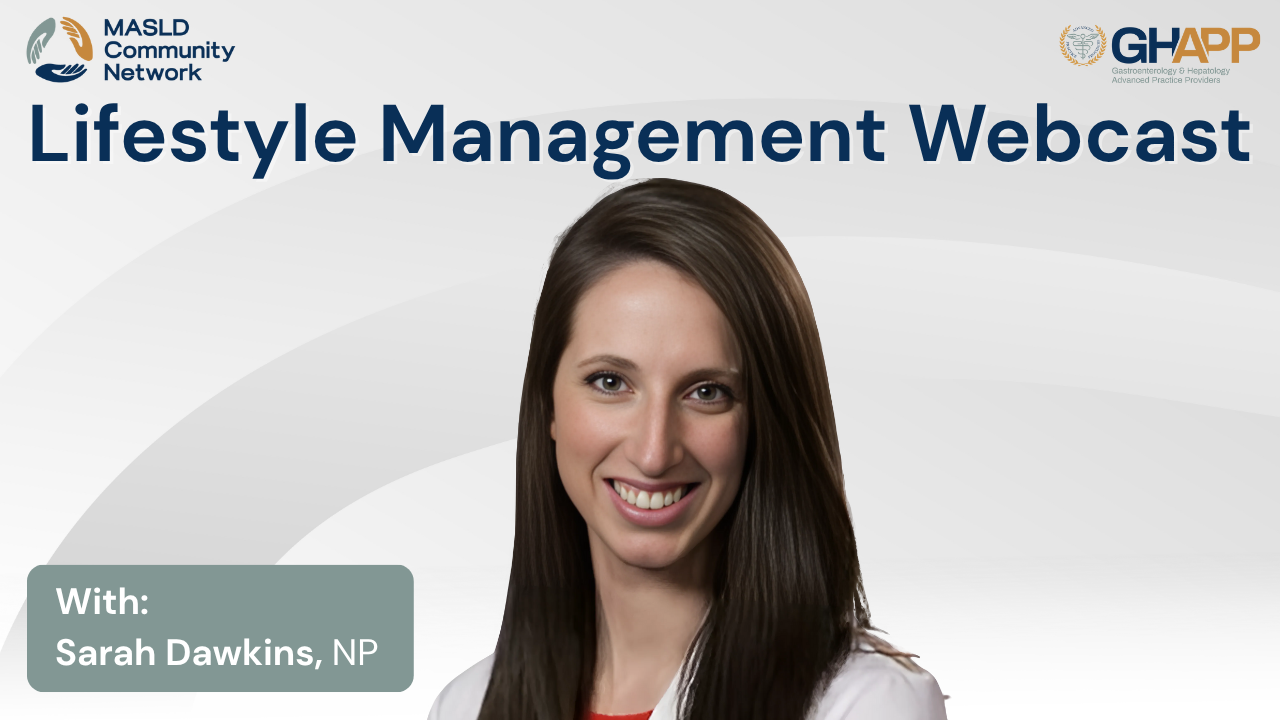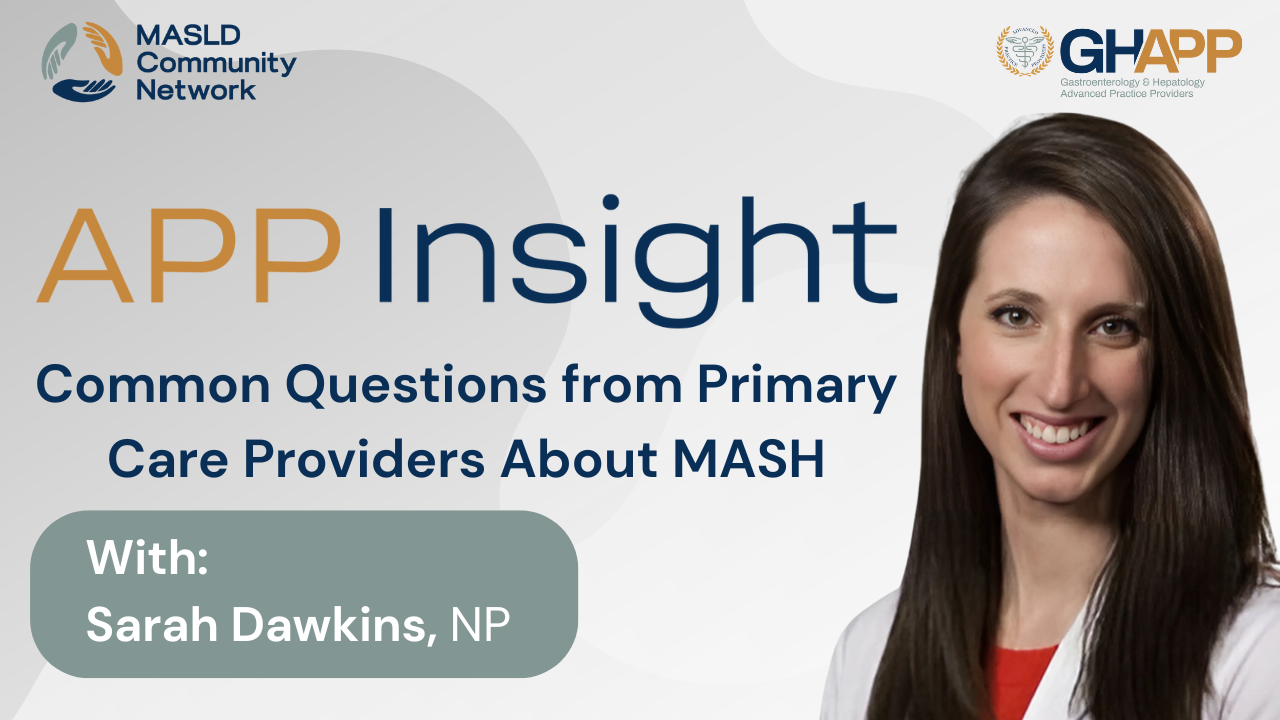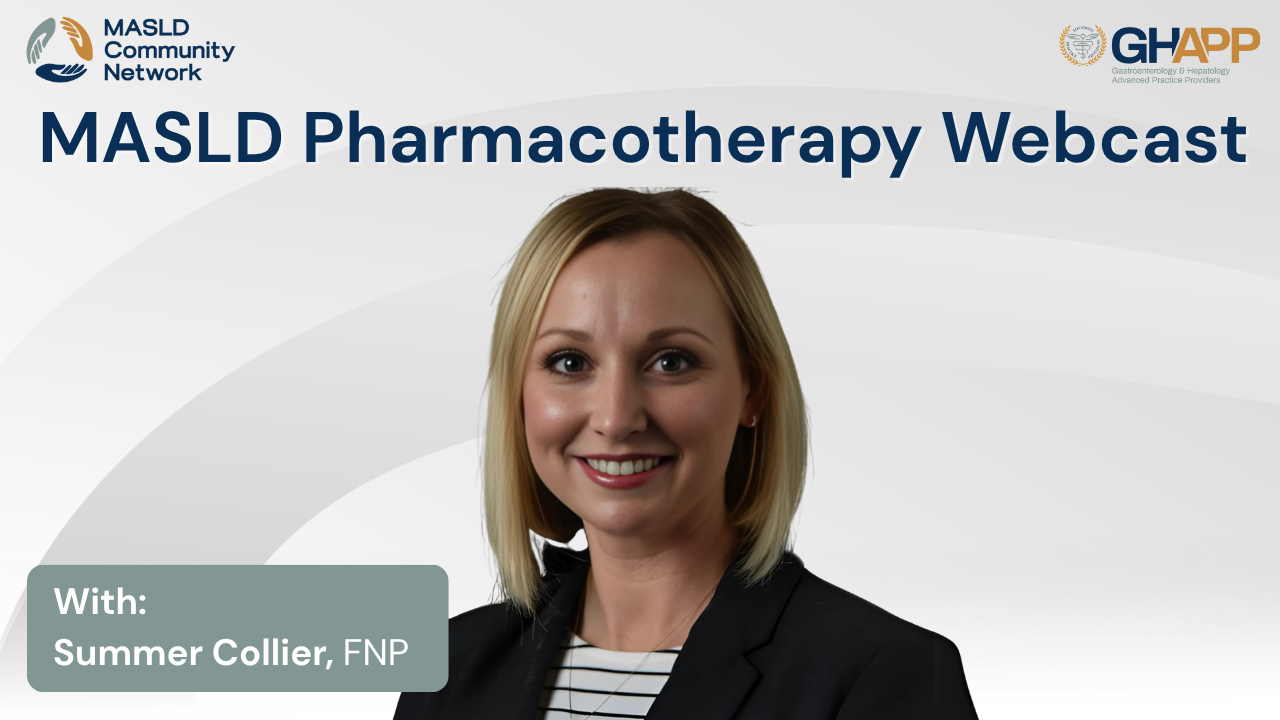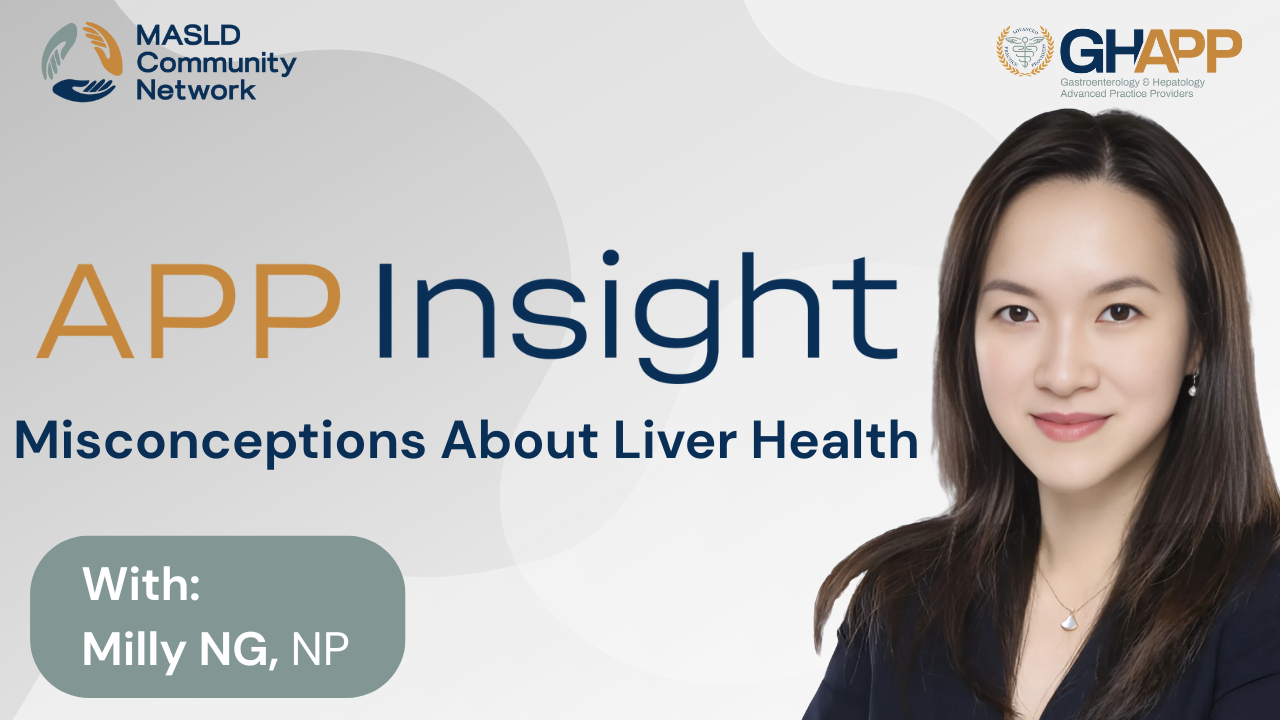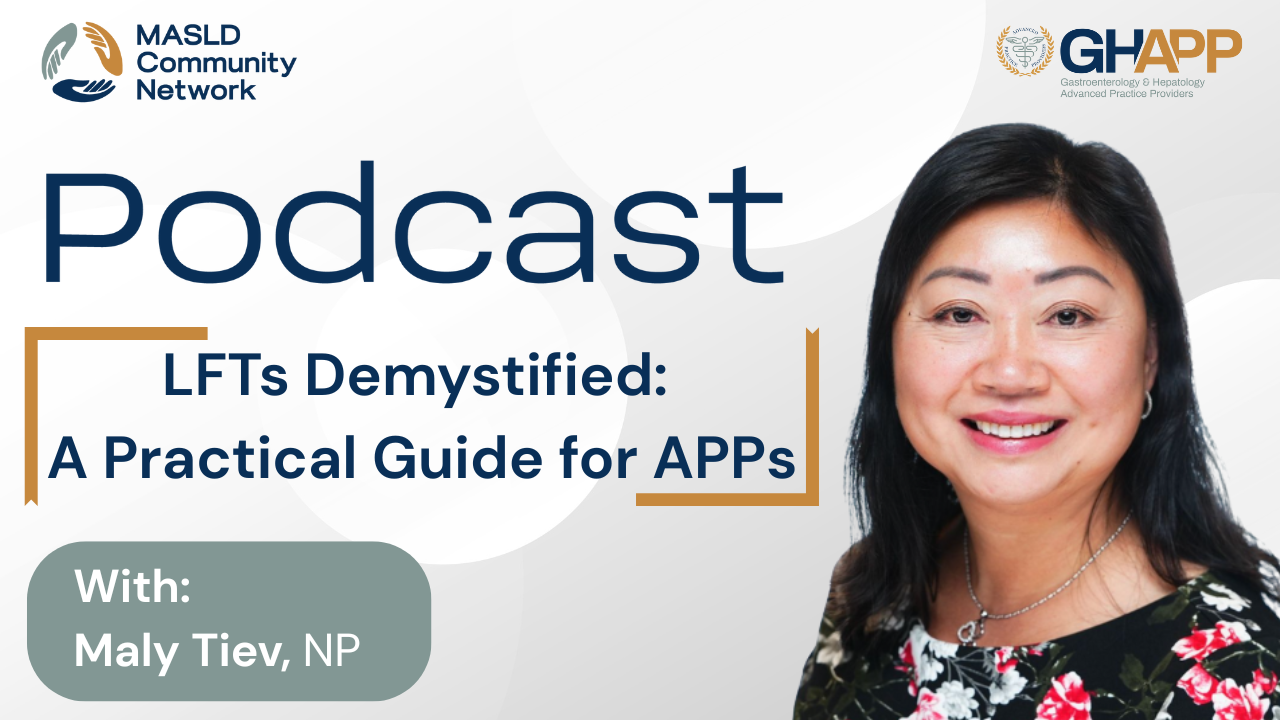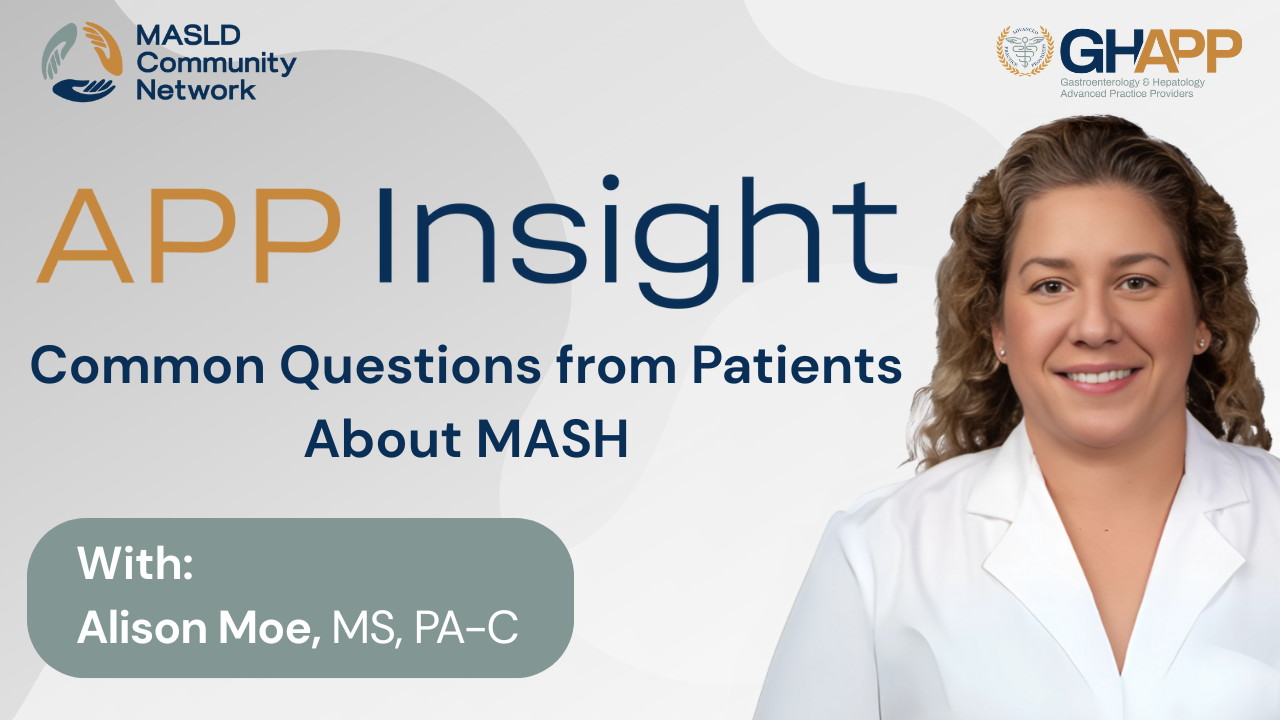Chat with MASLD AI

Hi, I am MASLD AI.
Suggested Questions :

MASLD AI 08:32 PM
In this video, April Morris, FNP, shares her expertise on the close connection between type 2 diabetes and fatty liver disease (MASLD/MASH). With over 16 years of experience in hepatology and endocrinology, she explains why patients with type 2 diabetes are at a higher risk of developing MASH due to shared risk factors like insulin resistance and obesity. April highlights how improving glycemic control, lowering A1C, weight loss, and lifestyle modifications can significantly reduce liver fat, inflammation, and fibrosis progression. She discusses the benefits of modern diabetes medications—including GLP-1 receptor agonists such as semaglutide and tirzepatide, SGLT2 inhibitors, and metformin—and how they not only improve blood sugar and weight management but also support liver, kidney, and heart health. Importantly, she notes that most diabetes medications remain safe for patients with liver disease unless advanced decompensated cirrhosis is present, where caution with metformin may be necessary due to lactic acidosis risk. April emphasizes that treating diabetes aggressively and reaching an A1C target around 7% can slow or even prevent progression of liver fibrosis. For APPs and providers, the takeaway is clear: effective diabetes management is one of the most powerful tools to improve liver outcomes.







 August 2025
August 2025 

 July 2025
July 2025 